When it comes to measuring current, resistance, and other related things, a Fluke multimeter is your best friend. It’s also good for checking voltage and amperage on your appliances and electrical systems.
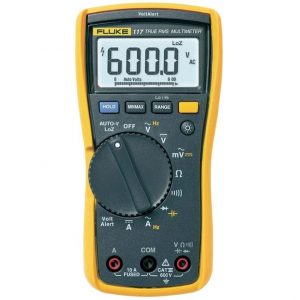 | 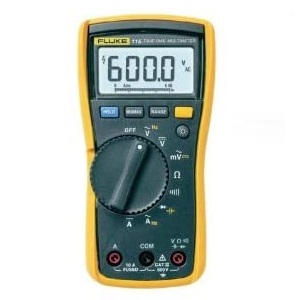 | 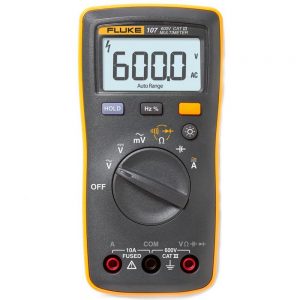 |
| Fluke 117 Electricians True RMS Multimeter | Fluke 115 Compact True-RMS Digital Multimeter | Fluke 107 AC/DC Current Handheld Digital Multimeter |
|
|
|
In this review, we will look at multimeters from Fluke, one of the most popular manufacturers in the USA. This guide covers all aspects of the product, including its features, specifications, best uses, and accessories that come with it.
Fluke 117 Electricians True RMS Multimeter – The Editor’s Choice
 A compact true RMS meter for commercial applications. The Fluke 117 is ideal in demanding environments such as office buildings, hospitals, and schools. In addition, the 117 has a built-in non-contact voltage detection feature for faster operation.
A compact true RMS meter for commercial applications. The Fluke 117 is ideal in demanding environments such as office buildings, hospitals, and schools. In addition, the 117 has a built-in non-contact voltage detection feature for faster operation.
The LCD of the multimeter has a white backlight with large numerals. The VoltAlert function is used for a non-contact check and LED indication of voltage presence. A protective rubber case protects the multimeter from dirt and mechanical impacts.
Fluke 117 Video Review:
Fluke 115 Compact True-RMS Digital Multimeter
 The scope of delivery includes the multimeter itself, measuring probes, and user manual. The appearance of the device gives an impression of reliability and professionalism. Below the switch, there are connectors for connecting the test probes.
The scope of delivery includes the multimeter itself, measuring probes, and user manual. The appearance of the device gives an impression of reliability and professionalism. Below the switch, there are connectors for connecting the test probes.
If you install the device on a flat surface, such as sitting at the table, it is very convenient to put the multimeter upright. However, if you look carefully at the protective cover, in the upper part at the corners, you can see the slots for fixing the test probes.
The case lies perfectly in hand. The protective cover does not slip, and this is very good. You will not drop the multimeter accidentally.
The multimeter display has large elements, and everything is clearly visible. In addition, the display is backlit, in a semi-dark room of the electrical room or any other darkened place will be appreciated.
Measuring probes included by the manufacturer in the delivery set. The rubber used is of excellent quality.
Fluke 115 Video Review:
Fluke 107 AC/DC Current Handheld Digital Multimeter
 The first time you take the device in your hands, you immediately realize that this is not cheap. You can feel the quality of plastic and weight. The workmanship is impeccable.
The first time you take the device in your hands, you immediately realize that this is not cheap. You can feel the quality of plastic and weight. The workmanship is impeccable.
By the way, the similarity with ZT101 is immediately apparent, the same form factor, but there is no feeling of cheapness and savings on materials. the inscriptions are all clear. Nothing is smudged anywhere.
The indicator is good but dims when viewed from above. As I understood, this is a feature of backlit screens.
Fluke 107 Video Review:
Fluke 87V Digital Multimeter
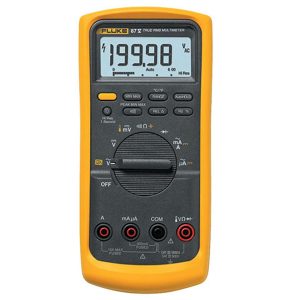 The rear panel has a hinged foot for placing the multimeter on the table and a hole for attaching a removable hanger. At the bottom of the multimeter are connectors for connecting to the test probes — a rugged handheld digital multimeter with a lifetime warranty.
The rear panel has a hinged foot for placing the multimeter on the table and a hole for attaching a removable hanger. At the bottom of the multimeter are connectors for connecting to the test probes — a rugged handheld digital multimeter with a lifetime warranty.
All Fluke 87V digital multimeter inputs are protected according to ANSI/ISA S82.01 and EN61010-1 CAT IV 600V and CAT III, 1000 V. They can withstand pulses up to 8000 V, reduce the risks associated with spikes and surges.
Fluke 87V Video Review:
Fluke 179 ESFP True RMS Multimeter
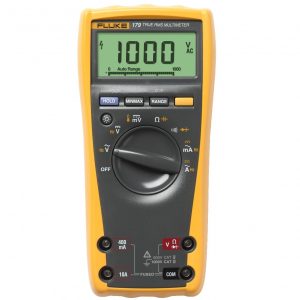 Multimeter for laboratory and field use with temperature measurement capability. The measuring probes are of very high quality. The screen is easy to read and backlit.
Multimeter for laboratory and field use with temperature measurement capability. The measuring probes are of very high quality. The screen is easy to read and backlit.
The Fluke 179 multimeter can be used to diagnose electromechanical units and power systems by determining their electrical parameters while monitoring the thermal condition of heating units and components and during maintenance and adjustment of refrigeration machines and HVAC systems. The high accuracy of the measurements guarantees the efficiency of such works.
The Fluke 179 Digital Multimeter has an analog bar graph in addition to the digital display, so it combines the advantages of a digital meter and an analog pointer. Therefore, you can use it not only for online measurements but also for zero and peak adjustments. In addition, in batch measurements, the MIN MAX AVG function provides the ability to record the highest/lowest values automatically and calculate averages of the measured parameters.
Fluke 179 Video Review:
Buyer’s Guide
Selecting such a device as a multimeter should be approached with great care because nowadays, a wide variety of models are produced, sometimes differing greatly in accuracy and the ability to measure different values.
Basic Functions
Most of the Fluke multimeters manufactured today (regardless of the manufacturer) can measure the following basic quantities:
- amperage;
- current-voltage (DC);
- current-voltage (AC);
- resistance.
Most models also have a mode of testing transistors, diodes, and the ability to “wire” electrical circuits. When purchasing a multimeter, make sure that all of the above functions are available.
Additional Functions
If you intend to perform some special tasks or just want to buy a device “for all occasions”, you should prefer more expensive models, but which have advanced functionality. In addition to basic, they can have functions such as measuring:
- current frequency;
- temperature;
- humidity;
- illumination;
- the capacitance of capacitors.
In addition, such devices can have an increased resistance measurement limit (to work in the megohmmeter mode).
Also, additional options that greatly facilitate the work include the presence of a backlight and a memory button (recording of current readings).
Safety of Operation
Regardless of the type of instrument, every model is labeled with all safety information. The probes that directly contact electrical devices during measurement are of utmost importance. Before you start working with electrical devices, you need to determine what class the device belongs to. This depends on what kind of work the multimeter is designed for.
The first class includes a multimeter designed for low voltage networks (CAT I). The second class measures devices intended to work with local networks (CAT II). The third class includes instruments measuring voltage and current of distribution networks located inside the building (CAT III). Finally, the fourth class of multimeters is devices intended to measure current parameters on distribution networks, which are not located in a building.
FAQ
Is a Fluke multimeter worth it?
Fluke makes very high-quality equipment. This is especially important if you think you might drop one or accidentally disconnect it.
Fluke is an American company specializing in measuring instruments for various categories of users. Thermometers, oscilloscopes, frequency meters, and multimeters with guaranteed American quality.
Which is better, Fluke 115 or 117?
In short, the Fluke 117 offers more features, making it more ideal for versatile use and increased safety. The 117 provides non-contact voltage sensing and automatic AC/DC selection, making your job more comfortable and safer. However, it is more expensive than the 115, making it less ideal for tight budgets.
Is Fluke 117 good?
Yes, it is. The compact Fluke 117 digital multimeter allows for convenient one-handed operation with an easy-to-read backlit display. True RMS capability allows the Fluke 117 Digital Multimeter to measure distorted and non-sinusoidal signals correctly.
Do I need to clean my Fluke multimeter?
Yes, you do need to clean your Fluke multimeter. The instrument is a sensitive piece of equipment, and it needs proper care to ensure that it can last for a long time.
The dirt and oil on the meter’s surface can affect its accuracy and cause other problems. The solution is to clean the meter regularly with a dry cloth or paper towel.
Which is better: a Fluke multimeter or a budget multimeter?
The Fluke multimeter is better because it has more features and it can measure higher frequencies than the budget multimeter. It also has a greater range of measurements, making it suitable for all kinds of work.
Which is better: a Fluke multimeter or a capacitor tester?
A Fluke multimeter is better than a capacitor tester because it has more features to test the voltage of different devices, which makes it more useful in many situations than just checking capacitors.
Which is better, Fluke 189 or 289?
The Fluke 189 is a great multimeter for general use, while the Fluke 289 is better for more specific applications. Both are very accurate and reliable, so it really depends on what you need it for. For more details, check this Fluke 189 vs. 289 comparison.
Final Words
You and I have figured out how to choose a reliable Fluke multimeter. Now it should only be noted that if it is necessary to make basic measurements: to check the capacity or charge the battery, to test the fuses, you can stop at the testers with a low price. But if you need to implement more complex diagnostic tasks, you should consider only multitasking devices with advanced functionality, and the savings, in this case, may not justify themselves.
Thanks for your attention. I’ll be happy to answer your questions in the comments!
Some useful articles about multimeters:

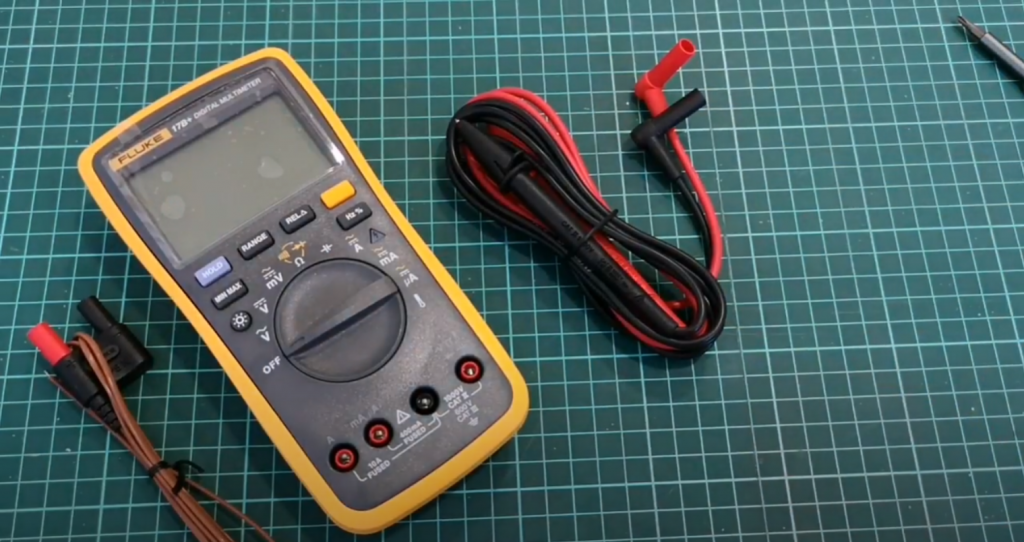
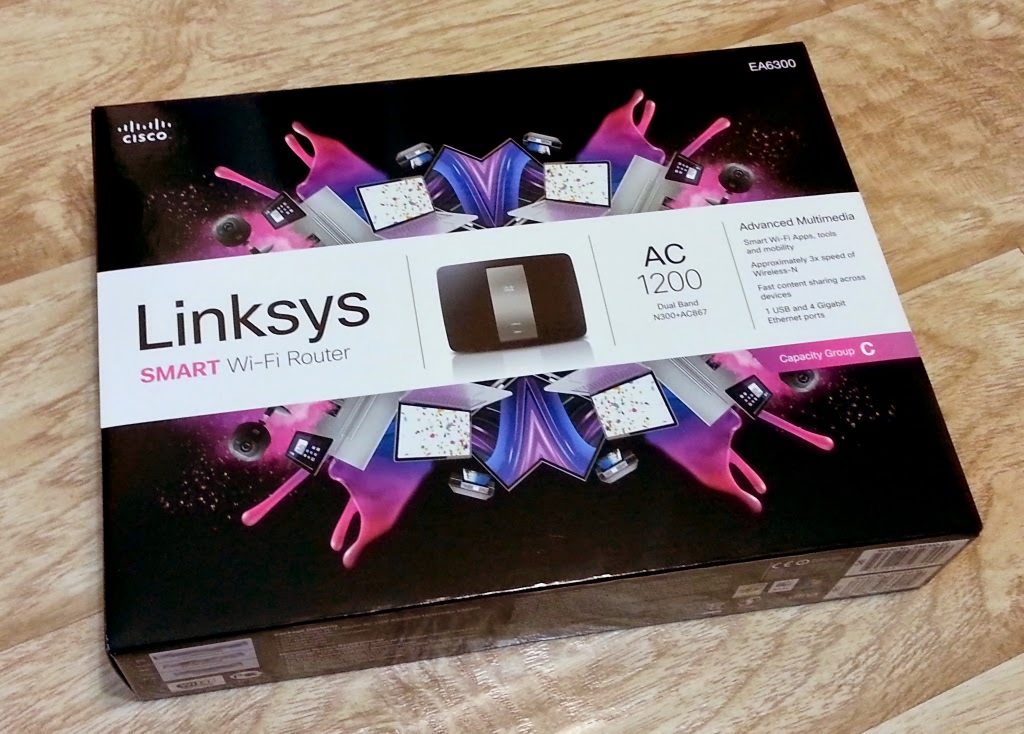
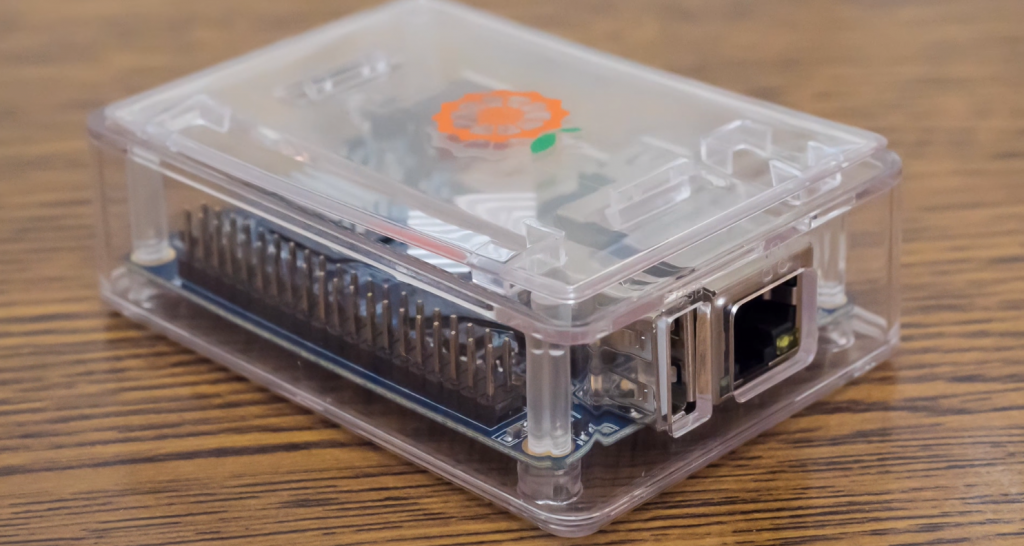
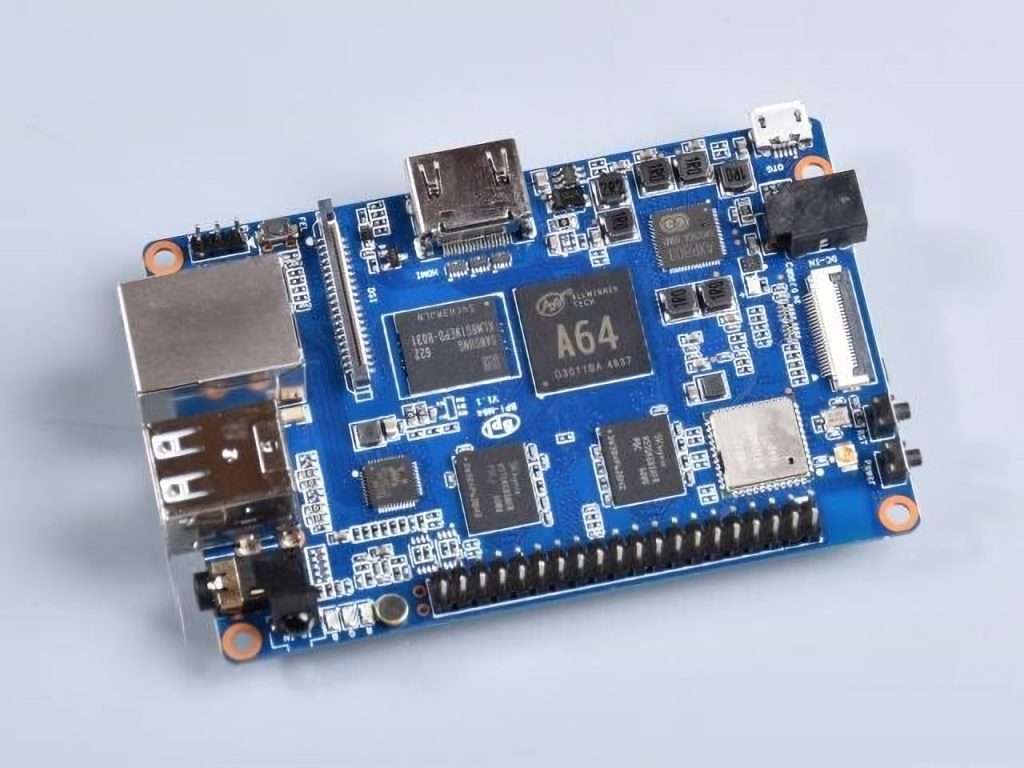
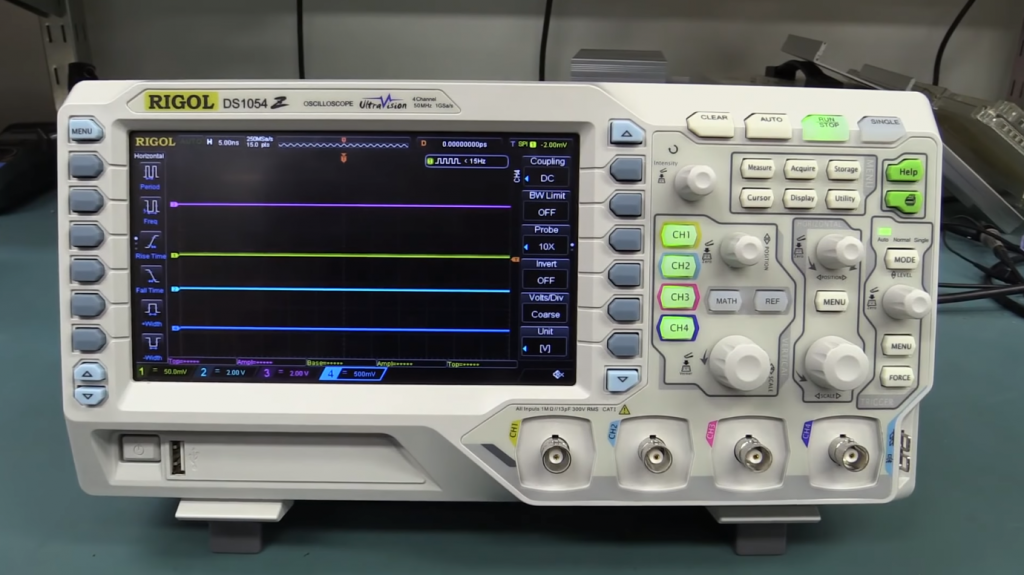
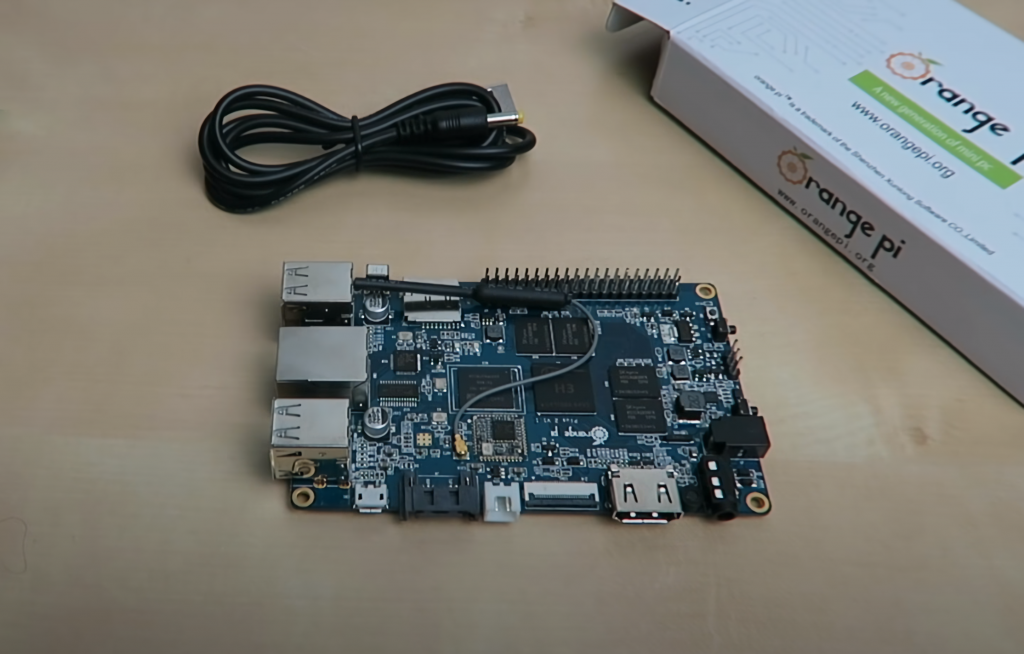
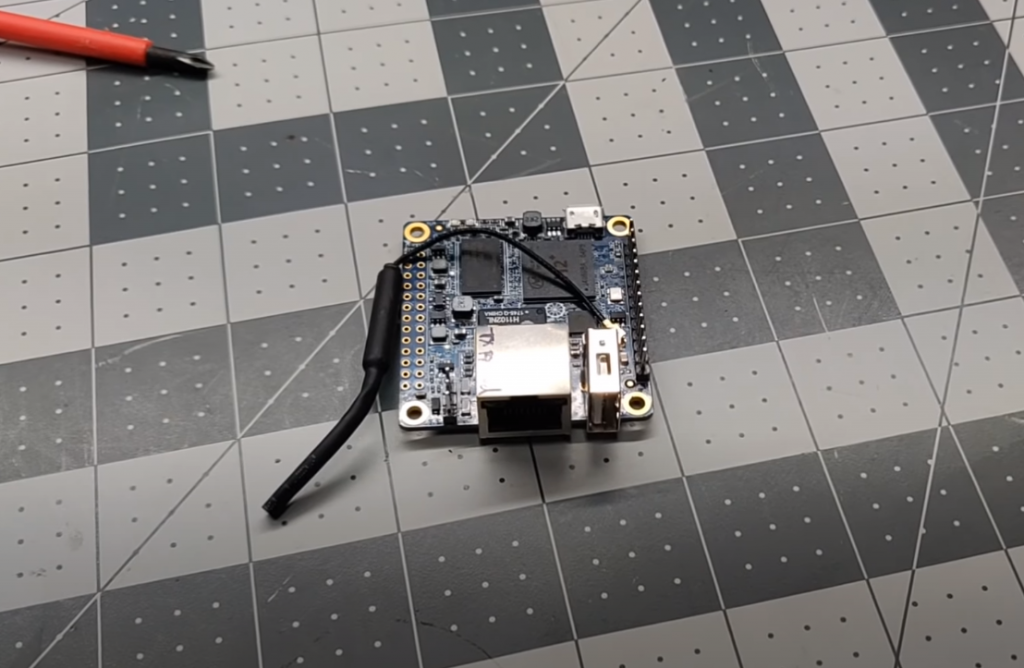
There are a few things to consider when purchasing a multimeter for home use. I think the best Fluke multimeter for home use is the Fluke 115. It is small and lightweight, making it easy to carry around and store. It also has a large display that is easy to read. Additionally, it has many features that make it useful for home projects and repairs.
Another thing to consider when purchasing a multimeter is the price. While the Fluke 115 is one of the more expensive options, I think it is worth the investment. It will last for many years and can be used for a variety of tasks around the house. Additionally, its features and ease of use make it worth the extra cost.
When choosing a multimeter for home use, I think the Fluke 115 is the best option.
I’ve been a professional electrician for over 20 years and in that time, I’ve used a lot of different multimeters. But the one that I always come back to is my Fluke multimeter. It’s just the best on the market, in my opinion.
Sure, there are other multimeters out there that might have more features or be cheaper, but when it comes down to it, I trust my Fluke multimeter to give me accurate readings every time. And that’s really all you can ask for in a multimeter.
If you’re in the market for a new multimeter, I would highly recommend checking out Fluke’s offerings. You won’t be disappointed.
Thanks for sharing, Liam!